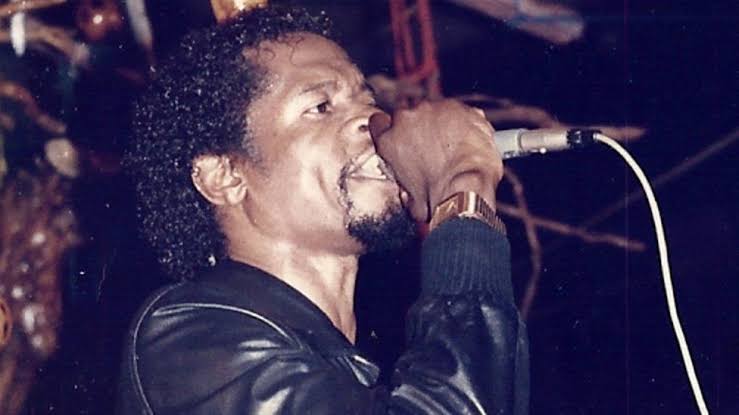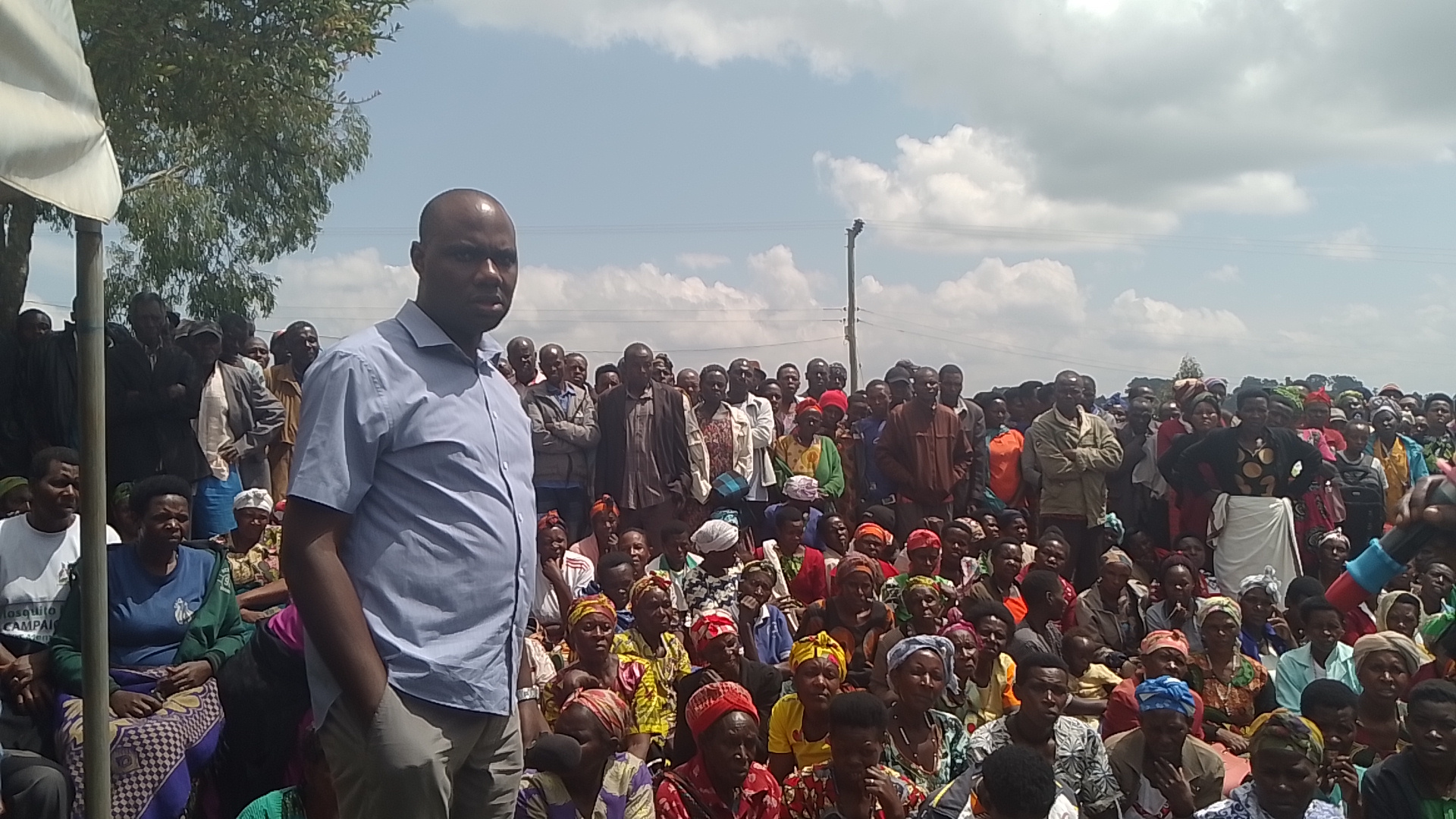As the world commemorated World AIDS Day yesterday, it’s essential to reflect on the profound impact of individuals like Philly Bongole Lutaaya, a remarkable figure whose legacy continues to illuminate the path in the global fight against HIV/AIDS.
His contributions, particularly his pivotal role in raising awareness and breaking the silence surrounding the epidemic, remain a beacon of inspiration on this day dedicated to raising awareness, honouring those affected, and reaffirming commitments to ending the HIV/AIDS crisis.
Lutaaya’s influential voice transcended the realm of music, becoming a bridge of hope and awareness in the fight against the HIV/AIDS epidemic during its most stigmatized era.
Born in 1951, Lutaaya’s musical journey began in the vibrant streets of Kampala, where his talent swiftly garnered attention, propelling him into the spotlight as a celebrated artist. However, it was his pivotal decision in the late 1980s to reveal his HIV status that would etch his name in history. In a time when ignorance and stigma shrouded the virus, Lutaaya’s courageous revelation shattered barriers, challenging societal perceptions and sparking conversations that were once taboo across Uganda and beyond.
Through his music and public appearances, Lutaaya became a poignant symbol of resilience, using his platform to educate, advocate, and uplift those affected by HIV/AIDS. His soulful melodies conveyed messages of compassion, understanding, and hope, resonating deeply with audiences and catalyzing a new wave of awareness and empathy toward those living with the virus.
His unwavering dedication to shedding light on the epidemic not only humanized the face of HIV/AIDS but also inspired a generation to confront the disease with compassion and understanding.
On this significant day, Philly Bongole Lutaaya’s courage in publicly disclosing his HIV-positive status stands as a testament to the power of advocacy and education. His unwavering dedication to destigmatizing the virus and promoting compassion reshaped narratives around HIV/AIDS, challenging misconceptions and fostering an environment of understanding and support.
Lutaaya’s impact extended far beyond his music, transcending cultural and societal boundaries. He became a symbol of resilience and hope for countless individuals affected by HIV/AIDS, demonstrating that one’s status did not define their humanity.
Through his advocacy and open discussions, Lutaaya ignited a movement that emphasized empathy, care, and solidarity, pivotal pillars in the global efforts to combat the HIV/AIDS pandemic. His legacy continues to inspire ongoing initiatives worldwide, reminding us of the vital importance of unity and awareness in the ongoing fight against HIV/AIDS.
In one of his interviews before his death, Lutaaya said; “Judging from the reaction in the streets of Kampala, a lot of you probably wonder why I disclosed such sensitive truth and risk humiliation by the community at large. The reason I brought my Aids issue out of the closet is my concern that Ugandans, particularly young people are not taking Aids as a serious issue in their daily lives. My mission is to give Aids a face. I must expose AIDS to the maximum”
But who was Lutaaya?
Lutaaya was born on 19th October 1951.He became popular in Uganda in the 1960s, and in the 1970s he toured the Democratic Republic of the Congo, Kenya, and Japan. In the mid-1980s, he settled in Stockholm, Sweden. There, he recorded his hit album Born in Africa, which is still popular in Uganda. Philly could play the guitar, piano (keyboards), and drums. His music still lives on up to date.
In 1988, when HIV still carried a lot of stigma. Before dying of AIDS, Lutaaya spent his remaining time writing songs about his battle with AIDS, releasing his last album Alone and Frightened, including his famous song “Alone”, influenced by Swedish duo Roxette’s hit song It Must Have Been Love as well as touring churches and schools throughout Uganda to spread a message of prevention and hope.
However, his Christmas Album, produced in 1986, remains his most popular album to date. The album, whose songs were written in native Luganda, remains central to Christmas celebrations in Uganda. It includes classics such as “Merry Christmas, Zuukuka, Tumusinze, Ssekukkulu, Gloria, Anindiridde, and Katujaguze. To date, Philly Lutaaya remains one of the best recording musicians Uganda has ever produced.
Lutaaya’s music incorporates Western pop music style as observed in songs like “Anifa Ssembera, Gloria, I have a dream, the voice is crying out, sirimba, sekukkulu.
Following his passing at the age of 38, the Philly Lutaaya Initiative Association emerged, led by a collective of individuals impacted by HIV/AIDS. Their primary objective was to raise awareness about the perils of HIV/AIDS.
Supported by UNICEF, this initiative orchestrates educational programs, conducting lectures in schools and communities across Uganda. These sessions feature poignant personal accounts shared by numerous individuals affected by HIV, aiming to dispel myths and educate the public about the virus.
In Uganda, the 17th of October holds special significance as Philly Bongole Lutaaya Day, a commemoration recognized by the Uganda AIDS Commission. In 2014, his daughter Tezra Lutaaya took a proactive step by establishing a community-based organization dedicated to preserving her father’s impactful legacy.
This initiative focuses on uplifting the socio-economic circumstances of AIDS orphans and widows through the establishment of the Philly Lutaaya Vocational Centre situated in Kanoni, Gomba the birthplace of Philly Lutaaya himself. The centre aims to provide vocational training, offering opportunities for skill development to empower these individuals and support their livelihoods.
Do you have a story in your community or an opinion to share with us: Email us at Submit an Article








